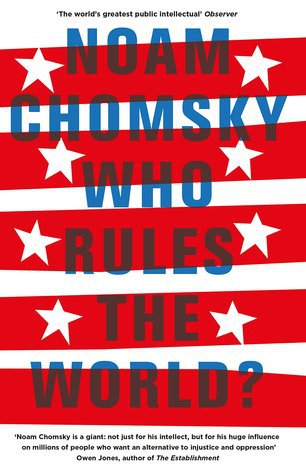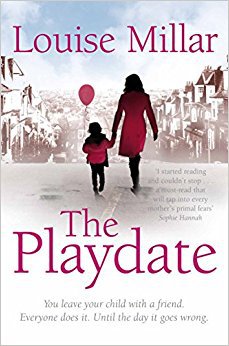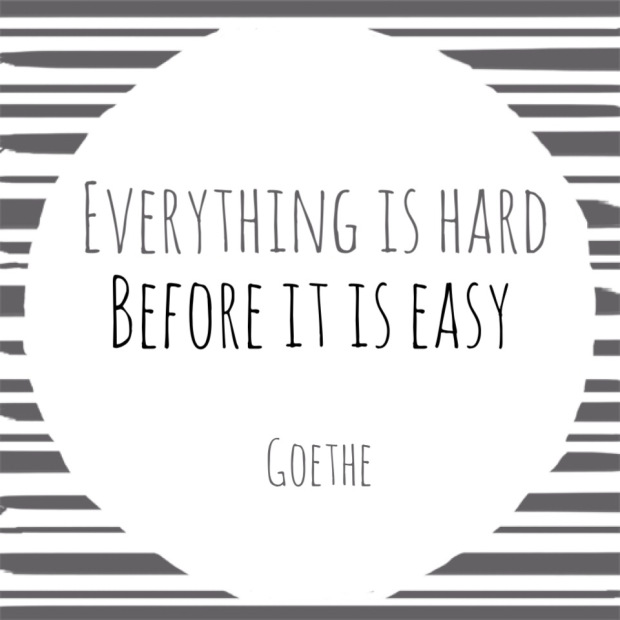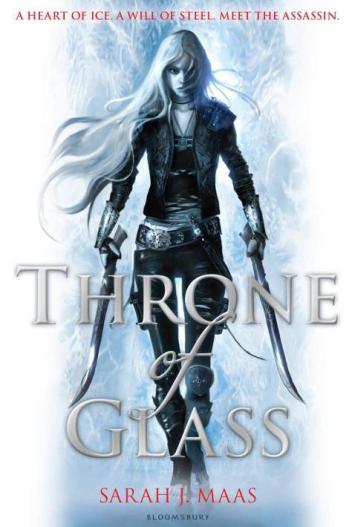 Title: Who Rules the World?
Title: Who Rules the World?
Author: Noam Chomsky
Publication year: 2016
Rating: ★★★★
Synopsis (via Goodreads): The world’s leading intellectual offers a probing examination of the waning American Century, the nature of U.S. policies post-9/11, and the perils of valuing power above democracy and human rights.
In an incisive, thorough analysis of the current international situation, Noam Chomsky argues that the United States, through its military-first policies and its unstinting devotion to maintaining a world-spanning empire, is both risking catastrophe and wrecking the global commons. Drawing on a wide range of examples, from the expanding drone assassination program to the threat of nuclear warfare, as well as the flashpoints of Iraq, Iran, Afghanistan, and Israel/Palestine, he offers unexpected and nuanced insights into the workings of imperial power on our increasingly chaotic planet.
In the process, Chomsky provides a brilliant anatomy of just how U.S. elites have grown ever more insulated from any democratic constraints on their power. While the broader population is lulled into apathy—diverted to consumerism or hatred of the vulnerable—the corporations and the rich have increasingly been allowed to do as they please.
Fierce, unsparing, and meticulously documented, Who Rules the World? delivers the indispensable understanding of the central conflicts and dangers of our time that we have come to expect from Chomsky.
At the end of last year, I made a few reading resolutions for 2018, one of which was to read more non-fiction. I have wanted to dip my toes in the works of political commentators, philosophers and activists for a while now, but I really had no idea where to start. It was just out of luck that I spotted Noam Chomsky’s Who Rules the World? in a bookstore a few months ago, because it has proved to be a great start.
Who Rules the World? is a collection of essays written by Noam Chomsky that analyse the role played by the United States on the global stage from the end of World War II, the height of its international influence, up until today. It’s a fascinating, scathing read in many places, pulling punches on America for policy decisions made decade after decade in the name of self-interest and to the detriment of the wider population. It calls out the United States for its hypocrisy in criticising other nations for human rights violations while simultaneously committing many of its own. And, in what was personally my favourite aspect of the book, it takes a look at how national media plays a role in shaping how Americans view the actions of their own country. According to Goodreads, other editions of this book call it Who Rules the World? Reframings, a title that is especially fitting for the pieces that take a look at how American media distorts what is happening on the global stage, ensuring that the average American news consumer always sees the US as “the good guys” in a global war against terrorists and dictatorships, despite the rest of the world having rather conflicting views on the matter. As an American citizen currently residing in South Africa who knows all to well of the United States’ unpopularity abroad, reading about the US media gave me a greater understanding of why Americans see their country so differently.
Who Rules the World? is a highly accessible read, written with sardonic touches here and there to emphasise Chomsky’s points and add a little bit of humour to an otherwise dark and gloomy read. Chomsky is not optimistic about our future; his essays describe a world in which nuclear war is capable of breaking out at any moment (the odds of which I assume have only increased since Trump took office) and environmental destruction and climate change will all but ensure the fall of the human species even if our nuclear weapons don’t. It in no way attempts to be an objective read, either. If you come into the book looking for Chomsky to convince you to come over to “his side”, you will find yourself sorely disappointed and more than a little bit frustrated. But if you want to hear an alternative perspective or gain a greater understanding of people’s grievances against the American state, I would definitely recommend this.
All that said, Who Rules the World? is not without its flaws. It is, structurally, an odd text; I kept asking myself why these specific essays were bundled together, and why they were ordered the way they were. Altogether, the pieces lacked a sense of cohesion that would have bettered the reading experience. Additionally, the book is repetitive at times, an issue that could have easily been fixed with sharper editing to cut out certain points that kept resurfacing.
While not perfect, Who Rules the World? was a strong step into the non-fiction aisle for me, and a particularly great place to begin my political readings. While it doesn’t aim to convince those on the opposite end of the political table to shake hands in agreement, it offers valid critiques of the American government and media, and helps one understand the immense power that the US holds in the world—even as it loses some of that power with each coming day.
Share this:




